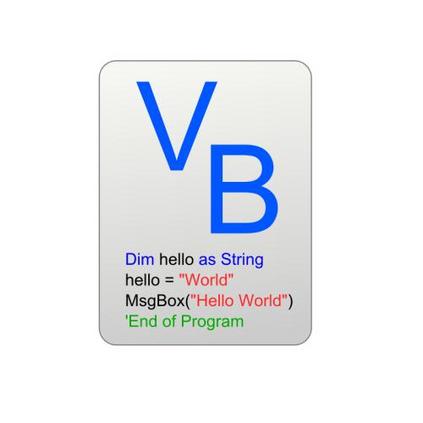We consider a basic problem of preemptive scheduling of $n$ non-simultaneously released jobs on a group of $m$ unrelated parallel machines so as to minimize maximum job completion time, the makespan. In the scheduling literature, the problem is commonly considered to be solvable in polynomial time by linear programming (LP) techniques proposed in Lawler and Labetoulle \cite{ll78}. The authors in \cite{ll78} give a LP formulation of the version with simultaneously released jobs and show how an optimal solution to this LP can be used to construct an optimal schedule to the latter problem. As the current study shows, for non-simultaneously released jobs, unlikely, there exist a linear program such that a schedule with the minimum makespan can be constructed based on an optimal LP solution. We also prove that, in case no splitting of the same job on a machine is allowed (i.e., job part assigned to a machine is to be processed without an interruption on that machine), the problem is NP-hard. As a side result, we obtain that, whenever job splitting is not allowed, given an optimal LP solution, it is NP-hard to find an optimal schedule with the minimum makespan that agrees with that LP solution. We also extend the schedule construction procedure based on an optimal LP solution from Lawler and Labetoulle \cite{ll78} for non-simultaneously released jobs. The extended procedure, among all feasible schedules that agree with any feasible (not necessarily optimal) LP solution, generates one with the minimum makespan. Such procedure is helpful, in particular, because, as we show, there may exist no optimal schedule that agrees with an optimal LP solution if jobs are non-simultaneously released.
翻译:我们认为先发制人地安排一组不同时发放的美元的工作是一个基本问题。 在一组不相关的平行机器上先发制人,先发制人,先发制人,先发制人,先发制人,先发制人,先发制人,先发制人,先发制人,先发制人,先发制人,先发制人,先发制人,先发制人,先发制人,先发制人,先发制人,先发制人,先发制人,先发制人,先发制人,先发制人,再发制人,然后先发制人,再发制人,再发制人,再发制人,再发制人,再发制人,再发制人,再发制人,再发制人,再发制人,再发制人,再发制人,再发制人,再发制人,再发制人,再发制人,再发制人,再发制人,再发制人,再发制人,然后发人,最后发制人,再发制人,最后处理,最后处理,最后处理,最后解决,然后发制人,最后处理,最后处理,最后处理,最后处理,最后处理,最后处理,最后处理,最后处理,最后处理,最后处理,最后处理,最后处理,最后处理,最后处理,最后处理,最后处理,最后处理,最后处理,最后处理,最后处理,最后处理,最后处理,最后处理,最后处理,最后处理,最后处理,最后处理,最后处理,最后处理,最后处理,最后处理,最后处理,最后处理,最后处理,最后处理,最后处理,最后处理,最后处理,最后处理,最后处理,最后处理,最后处理,最后处理,最后处理,最后处理,最后处理,最后处理,最后处理,最后处理,最后处理,最后处理,最后处理,最后处理,最后处理,最后处理,最后处理,最后处理,最后处理,最后处理,最后处理,最后处理,最后处理,最后处理,最后处理,最后处理。,最后处理,最后处理,最后处理,最后处理,最后处理,最后处理,最后处理,最后处理,最后处理,最后处理,最后处理,最后处理,最后处理,最后处理,



